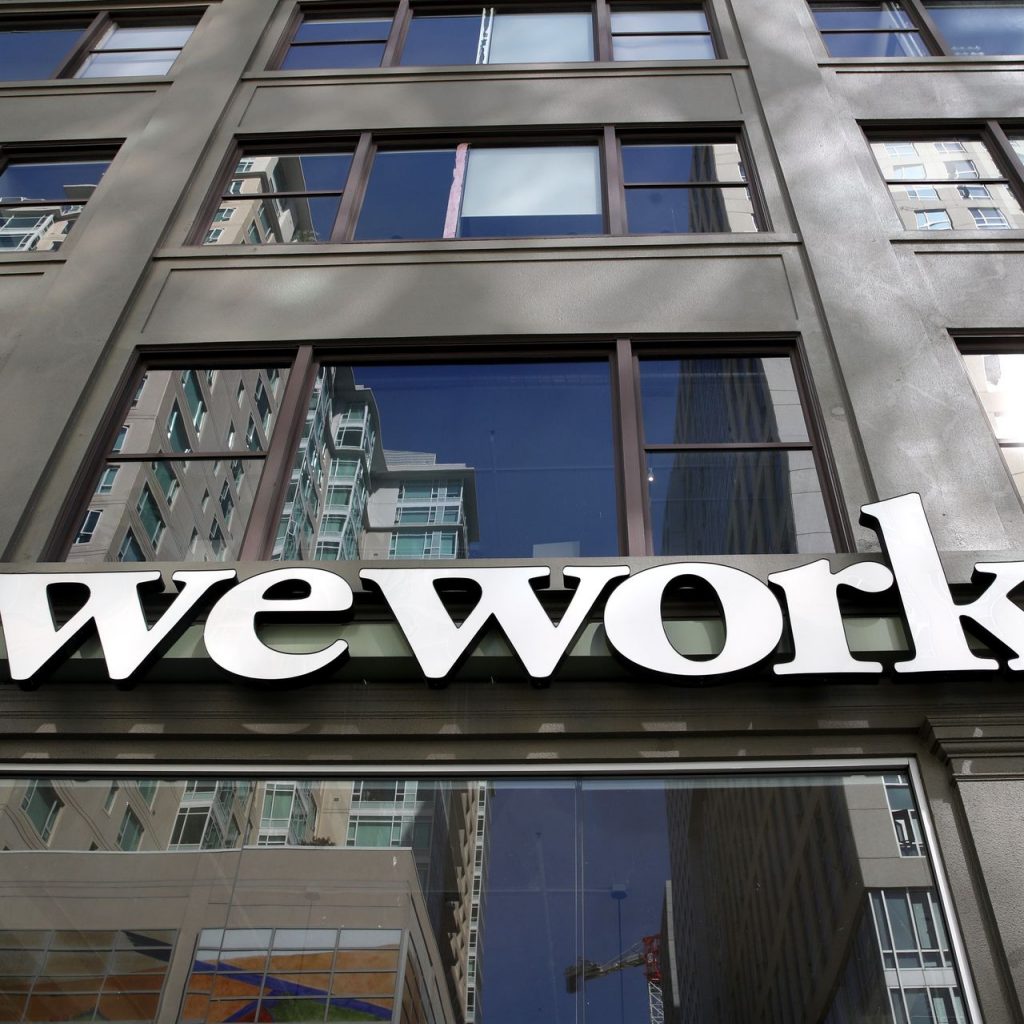The November 6th election is shaping up to be one of the most controversial in recent memory, especially if you own real estate. We’ve previously written about the unintended consequences an outright repeal of the Costa-Hawkins Rental Housing Act could have.
Amending Proposition 13, which limits annual property tax increases to 2%, would be an attractive alternative to repealing Costa-Hawkins. In this article, we’ll take a look at the likely consequences of amending Prop 13.
What Is California Proposition 13?
Proposition 13, also known as the People’s Initiative to Limit Property Taxation, was approved by California voters in 1978 and declared constitutional by the U.S. Supreme Court in 1992 and is now part of the Constitution of the State of California. At the time it was passed, Prop 13 decreased property taxes to their 1976 levels.
Proposition 13 does three main things:
- Limits the ad valorem tax on real property to 1% of the cash value.
- Restricts annual increases of assessed value to a maximum of 2% per year.
- Prohibits using a new base year (other than 1976) for assessment valuation unless the real property changes ownership or new construction is completed.
How Did Proposition 13 Help Real Estate Investors?
While the goal of Proposition 13 was to help homeowners keep expenses under control so they can live in their home into their golden years, the law did not distinguish between primary owner-occupied housing and income property such as residential rental real estate and other commercial property.
Prop 13 ended up being a pretty good deal for real estate investors. The law effectively capped annual property tax increases at below market values while allowing investors to continue increasing rents to market rates. The result was increased operating incomes for investors.
How Could Proposition 13 Be Amended?
Is it fair that landlords get to reap the benefits of market-rate rents while keeping their operating expenses (artificially) low via capped property tax payments?
The answer to that question depends of course on who you ask, but in my humble opinion I would say, “not at all”.
My two main ideas to change the law are:
- Exclude non-primary residences from receiving a property tax cap
- Exclude commercial real estate property from receiving a property tax cap
Three Things Could Happen If Prop 13 Is Changed
In many ways the consequences of amending Proposition 13 are easier to anticipate than an outright repeal of Costa-Hawkins. That’s because getting rid of Costa-Hawkins could give too much creative regulatory power to politicians.
On the other hand, potential changes to Proposition 13 are straightforward and leave little to the political imagination. If non-primary residences and commercial real estate are excluded from Prop 13, three things would likely occur:
- Supply would be increased – There would be less of a financial incentive for people to hold inherited property or investment real estate without a property tax cap. Remember if Costa Hawkins is repealed, single-family homes could also be subject to rent control. More supply would help to satisfy the ever-rising demand for real estate in California.
- Real estate values would normalize – Increasing property taxes to the market rate would reduce net operating income which would in turn reduce real investment property values and create more investment opportunities.
- Government would have more money – More property tax would go into government budgets. This in turn would give counties more money to spend on badly needed infrastructure projects and would also help boost wages and job creation.
If the industry isn’t proactive to find a solution, one will be imposed on us — and do you really want to leave it in the hands of the politicians?




